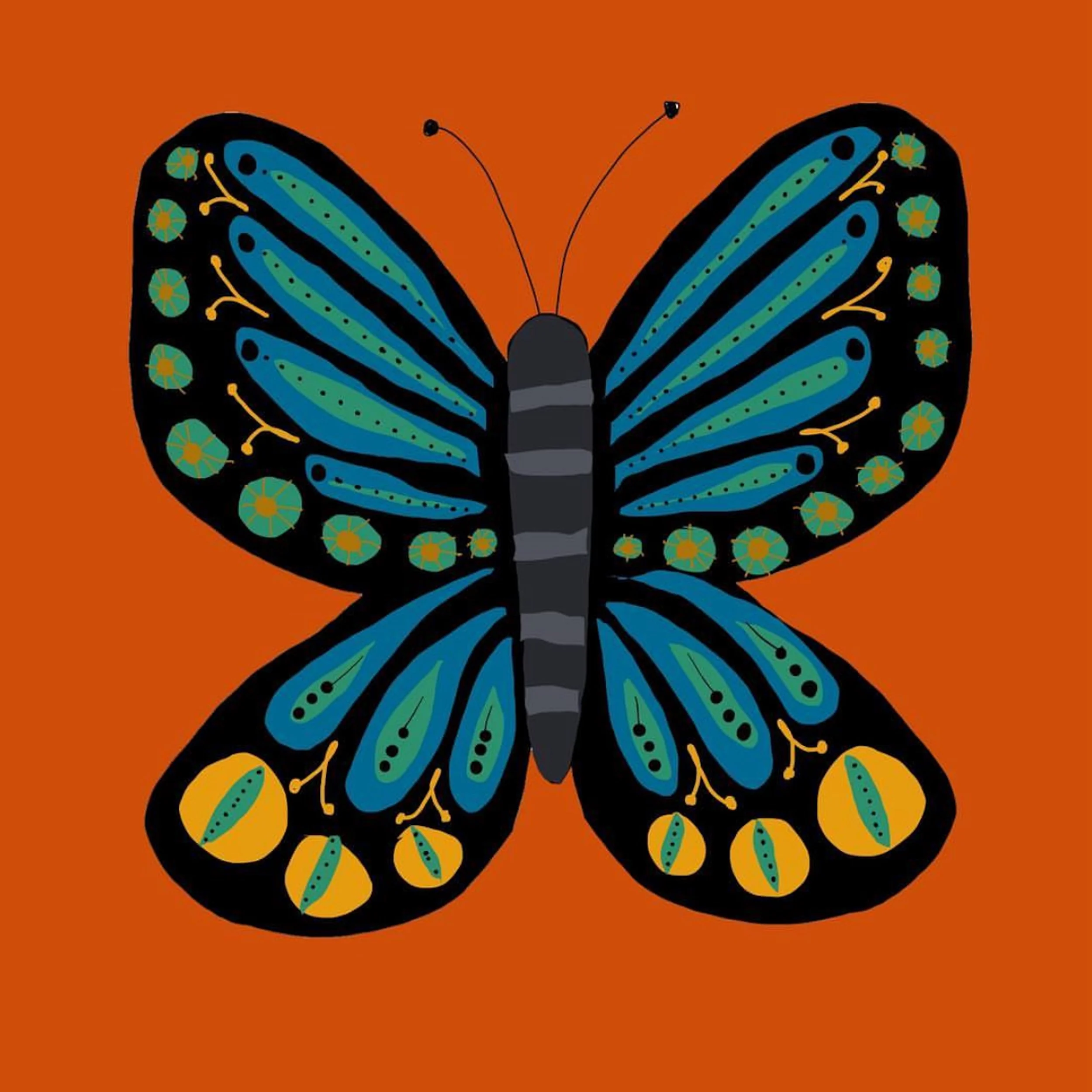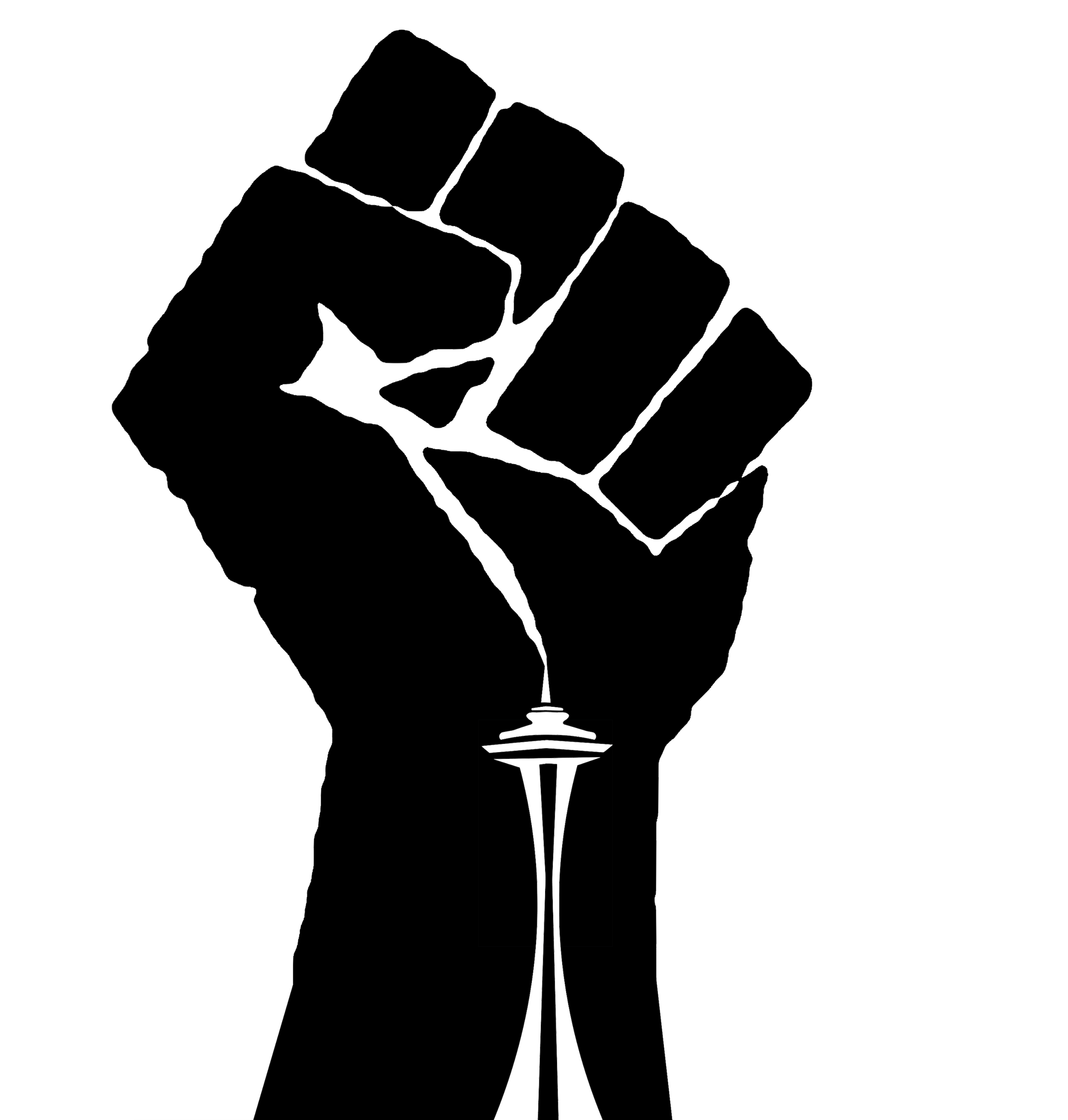Is the school district prepared to take the well-being of their workforce seriously?
/By Amanda Williams
I can pinpoint the exact moment that I burned out as a teacher. I had been teaching first grade at an elementary school in Rainier Beach. Then one day, like a sudden wind to a flame, I opened my mouth to speak after a long day teaching, and my voice was nowhere to be found. The voice that I had raised more times that year than ever before — not to the kids, but to the administration and anyone around me willing to listen to the incredible inequity that I was seeing.
I knew I needed to rest, but teaching is not a profession built on having boundaries. It’s one that takes and takes and shames you if the simple act of showing up for the kids doesn’t give you a superhuman ability to work with little resources and support.
“Real superheroes don’t wear capes — they teach!”
Never needing a substitute, working late and on weekends, buying supplies and holding space for all the social and emotional ups and downs of the classroom are considered dedication.
“Teachers are just superheroes in disguise!”
The issue is, teachers aren’t superheroes. They are humans. Some are really amazing humans -- but human nonetheless. So when I scroll by people debating if school should return or not, I cringe.
What does it look like to send a workforce back that we praise as superhuman, when a real threat to their health and wellbeing is still festering? Is the school district prepared to take the well-being of their workforce seriously? I’m not confident that they are. Just as I was never confident in there being pencils and paper in the supply room, books on the shelves, or a working soap dispenser in the student restrooms. Hand sanitizer, Clorox wipes, and tissues were all on the supply list pre-COVID — not to mention that time the Kent School District’s budget fell too short for toilet paper.
I think of myself three years ago and know that I would not only be going back into the classroom, I would be going back with the toxic positivity of a young, capable Black educator who had been repeatedly told she was a superhero. I would have set up the Donors Choose to get masks donated for my students; enlisted my partner to create a plexiglas frame around my desk; magically created six feet of space between two-dozen desks in a tiny classroom; and sanitized — sanitized until my hands were dry and cracked or until I was once again made voiceless by the invisible virus that’s been looming over our lives for the past year.
And I would be praised for it. What a brave teacher! They would hang a cape adorned with a Seattle Public Schools logo on the back of my plastic chair, post a statement about how much they care about teachers, and then the system would continue as normal — unchanged by the lives that it has always managed to disregard.
In the district’s response to returning to in-person learning, they’ve outlined the “Top 10 Things SPS Families Need to Know.” Neatly numbered, translated, and designed into an easy to read infographic, much like the “equity” initiatives that were of little substance when I was actually within classroom walls.
If the health and well-being of our community is a priority, the district must train staff on anti-bias, restorative discipline practices. All staff should be given hazard pay and paid additional hours for the extensive cleaning that will take place each day. The materials that can no longer be shared among students should be provided equitably across the district. And above all, the mental health of our community must be prioritized over any attempts to standardly assess, bridge learning “gaps” and return to status quo.
Amanda Williams is a teacher, a mom, and the founder of ‘Mommy and Me Community,’ a group for moms of infants and toddlers interested in getting together with our little ones to play, explore, and learn. She also created and manages Seattle Green Book, a Black-owned-business directory for the Seattle area.







